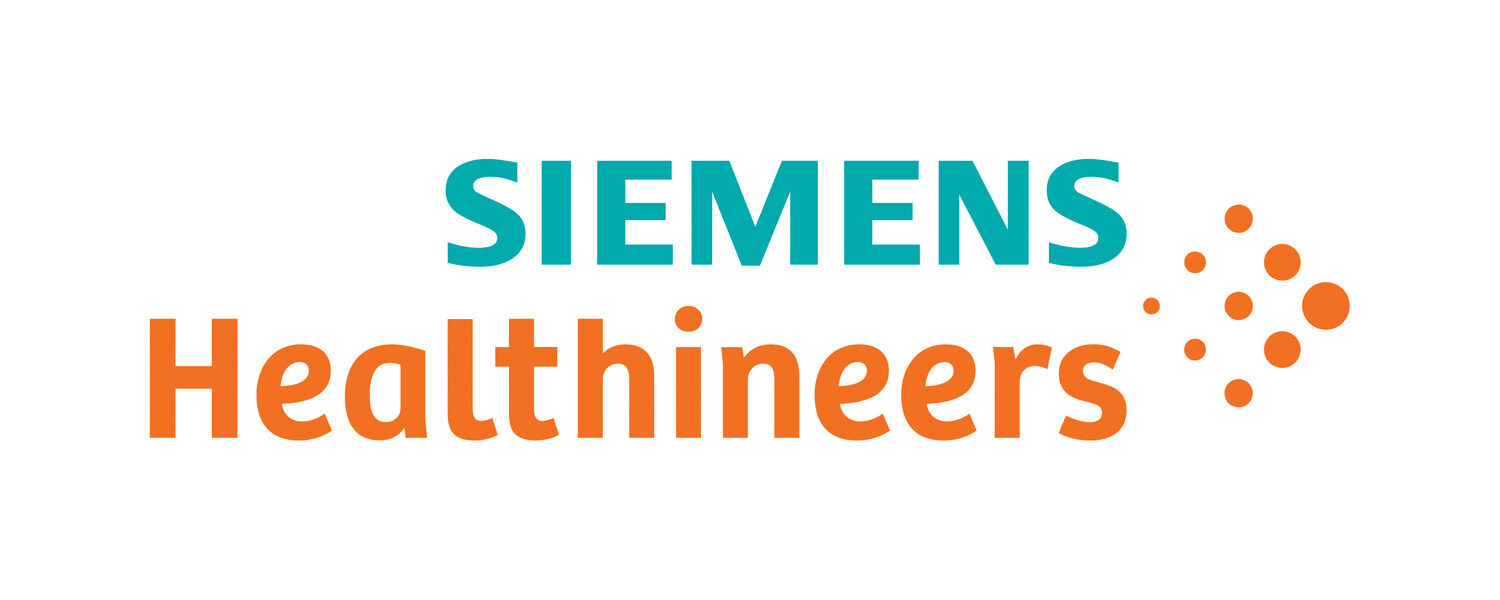Business
Public Survey Reveals Gaps in Cancer Care Across the Philippines

A recent survey highlights significant gaps in the cancer care pathway in the Philippines, revealing a disparity between public awareness and action. Conducted by YouGov and commissioned by Siemens Healthineers, the research indicates a strong belief in the importance of early detection, with 76% of respondents recognizing its value. Yet, only 13% have engaged in cancer screening, underscoring a troubling disconnect.
The report, titled “Bridging the Gaps: Public Perceptions of the Cancer Care Continuum in Southeast Asia,” surveyed over 6,000 individuals across six Southeast Asian countries. While the findings point to optimism regarding digital innovations in healthcare, they also expose critical weaknesses in access to screening, treatment options, and post-treatment care.
Awareness vs. Action: A Discrepancy in Cancer Screening
Despite the high awareness of early detection’s benefits, the survey reveals that cancer screening uptake in the Philippines is among the lowest in the region. Only 4% of respondents had undergone specific cancer screening tests, with nearly half (45%) admitting they had not even considered it. Financial barriers also play a significant role, as 46% of participants cited a lack of perceived need for screening, while 24% mentioned costs as prohibitive.
Risk perception regarding cancer is notably low, with only 23% of respondents believing they are likely to develop cancer in their lifetime, the lowest figure in Southeast Asia. This contrasts sharply with countries like Vietnam, where more than half of the population perceives a personal risk.
Understanding Treatment and Survivorship Challenges
Awareness of treatment options is limited. Although traditional therapies such as chemotherapy and surgery are recognized by 80% and 58% of participants respectively, familiarity with modern therapies like immunotherapy and precision therapy is alarmingly low, each at just 10%. Furthermore, only 29% of respondents view cancer treatment as accessible, with 62% concerned about affordability.
Post-treatment care is another significant area of misunderstanding. While 83% of respondents acknowledge the existence of such care, 57% do not know what it entails. Expectations for follow-up care are high, with 65% anticipating easy access to diagnostic tests, and 64% expecting regular follow-ups. The demand for advanced technology in follow-up care is particularly pronounced, with 58% of respondents expressing interest in tools such as AI and genetic testing.
Confidence in the coordination of cancer care remains low, with only 34% believing the process is well organized. Additionally, only 36% feel assured that a ‘one-stop’ care model would inspire greater confidence in their treatment journey.
Despite these challenges, there is optimism regarding digital innovation. Many participants are open to the use of artificial intelligence, with 41% viewing it positively. However, there is a strong preference for AI to complement rather than replace healthcare professionals, with 52% of respondents expressing this sentiment.
Siemens Healthineers, through this survey, aims to address these gaps in the cancer care continuum. The findings underscore the need for improved coordination, affordable access, and technological support grounded in transparency.
Fabrice Leguet, Managing Director and President of Siemens Healthineers for Southeast Asia, stated, “This survey underlines the importance of understanding the full cancer journey, not just the beginning and the end.” He emphasized the company’s commitment to enhancing patient pathways through early detection, digital innovation, and advanced treatment options.
In conclusion, the survey reveals both the challenges and opportunities within the cancer care landscape in the Philippines. As healthcare providers focus on bridging these gaps, the integration of digital tools and coordinated care may significantly enhance patient experiences and outcomes across the region.
-

 World2 weeks ago
World2 weeks agoPrivate Funeral Held for Dean Field and His Three Children
-

 Top Stories3 weeks ago
Top Stories3 weeks agoFuneral Planned for Field Siblings After Tragic House Fire
-

 Sports3 months ago
Sports3 months agoNetball New Zealand Stands Down Dame Noeline Taurua for Series
-

 Entertainment3 months ago
Entertainment3 months agoTributes Pour In for Lachlan Rofe, Reality Star, Dead at 47
-

 Entertainment2 months ago
Entertainment2 months agoNew ‘Maverick’ Chaser Joins Beat the Chasers Season Finale
-

 Sports3 months ago
Sports3 months agoSilver Ferns Legend Laura Langman Criticizes Team’s Attitude
-

 Sports1 month ago
Sports1 month agoEli Katoa Rushed to Hospital After Sideline Incident During Match
-

 World4 weeks ago
World4 weeks agoInvestigation Underway in Tragic Sanson House Fire Involving Family
-

 Politics2 months ago
Politics2 months agoNetball NZ Calls for Respect Amid Dame Taurua’s Standoff
-

 Top Stories3 weeks ago
Top Stories3 weeks agoShock and Grief Follow Tragic Family Deaths in New Zealand
-

 Entertainment4 months ago
Entertainment4 months agoKhloe Kardashian Embraces Innovative Stem Cell Therapy in Mexico
-

 World4 months ago
World4 months agoPolice Arrest Multiple Individuals During Funeral for Zain Taikato-Fox




















